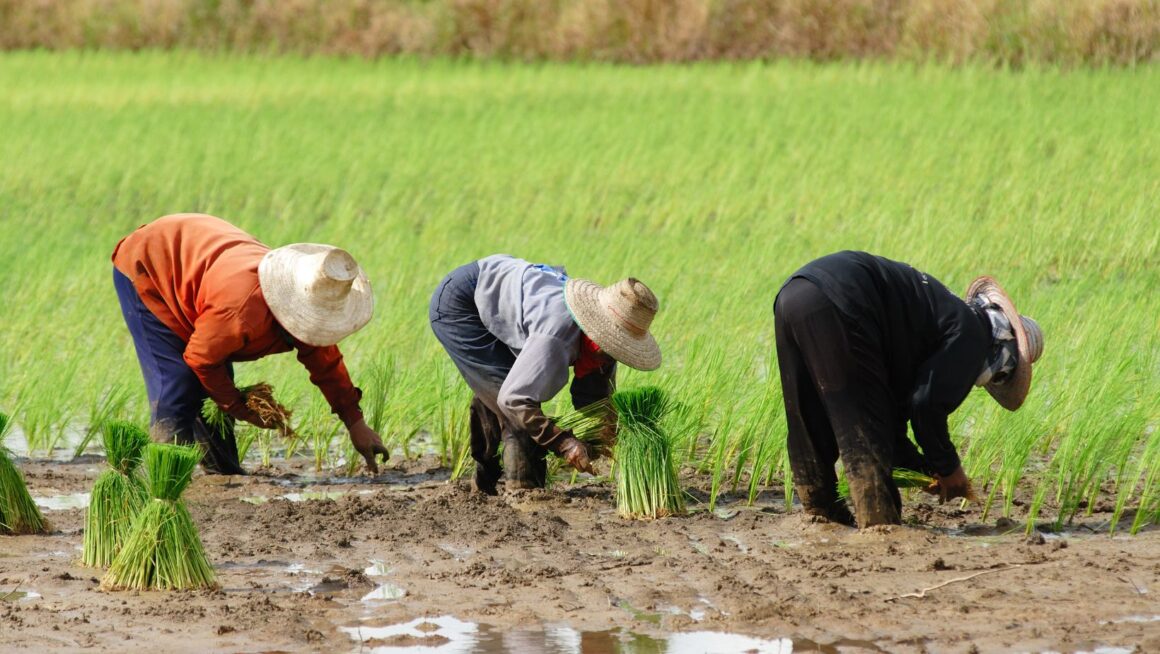The transition to sustainable farming practices represents a significant shift in modern agriculture, requiring substantial financial investment in new equipment, technologies, and operational changes. As farmers face increasing pressure to adopt environmentally friendly methods while maintaining profitability, understanding and accessing appropriate financing options becomes crucial for success.
The Need for Agricultural Financing
The agricultural sector faces unique challenges when it comes to financing sustainable initiatives. Traditional farming operations already require significant capital investment, and the shift to sustainable practices often demands additional resources. Farmers must invest in specialized equipment, implement new land management techniques, and potentially sacrifice short-term yields for long-term sustainability. Many farmers need agricultural financing for:
- Precision agriculture technology, including GPS guidance systems and soil sensors, can cost anywhere from $5,000 to over $100,000, depending on the sophistication of the equipment and scale of implementation.
- Water-efficient irrigation systems that reduce water usage by up to 50% often require initial investments exceeding $50,000 for medium-sized operations.
- Organic certification processes and the three-year transition period, during which farmers may experience reduced yields without the premium pricing benefits of certified organic products.
Available Financing Options
Various financial instruments and programs exist to support farmers in their sustainable transition. Government-backed loans through agricultural departments often offer favorable terms specifically for environmental improvements.

Private banks have also developed specialized “green lending” programs with competitive interest rates for sustainable agriculture projects. Additionally, agricultural cooperatives frequently provide equipment financing options that help distribute the cost burden across multiple growing seasons.
Impact of Technology on Financing Decisions
Modern sustainable farming increasingly relies on technological solutions, which affects financing considerations. Smart farming equipment often comes with significant upfront costs but can provide detailed investment return data. This information helps farmers make more informed financing decisions and can support loan applications by demonstrating potential cost savings and efficiency improvements.
Creative Financing Solutions
Innovative financing models are emerging to address the unique needs of sustainable agriculture. Equipment leasing programs specifically designed for sustainable farming machinery allow farmers to access needed technology without major capital outlays. Some organizations offer performance-based financing, where loan terms are tied to environmental improvements or sustainability metrics.
Crowdfunding has emerged as another viable option for smaller sustainable farming operations. Platforms specifically designed for agricultural projects allow farmers to connect with environmentally conscious investors who want to support sustainable agriculture. These platforms often enable farmers to offer unique rewards, such as farm-to-table experiences or exclusive access to premium organic products.
Return on Investment Considerations
Farmers must consider immediate and long-term returns when evaluating financing options for sustainable practices. While some sustainable investments may take several years to show positive financial returns, they often provide additional benefits such as improved soil health, reduced input costs, and potential premium pricing for sustainably produced crops.

Financing sustainable farming practices and equipment requires careful consideration of various options and their long-term implications. While the initial investment may seem daunting, the availability of specialized financing programs, potential cost savings, and premium pricing opportunities make sustainable agriculture increasingly viable. As the agricultural sector continues to evolve, innovative financing solutions will play a crucial role in supporting farmers’ transition to more sustainable practices. Success in sustainable farming often depends not just on choosing the right practices and equipment, but also on securing appropriate financing that aligns with both environmental goals and business realities.

